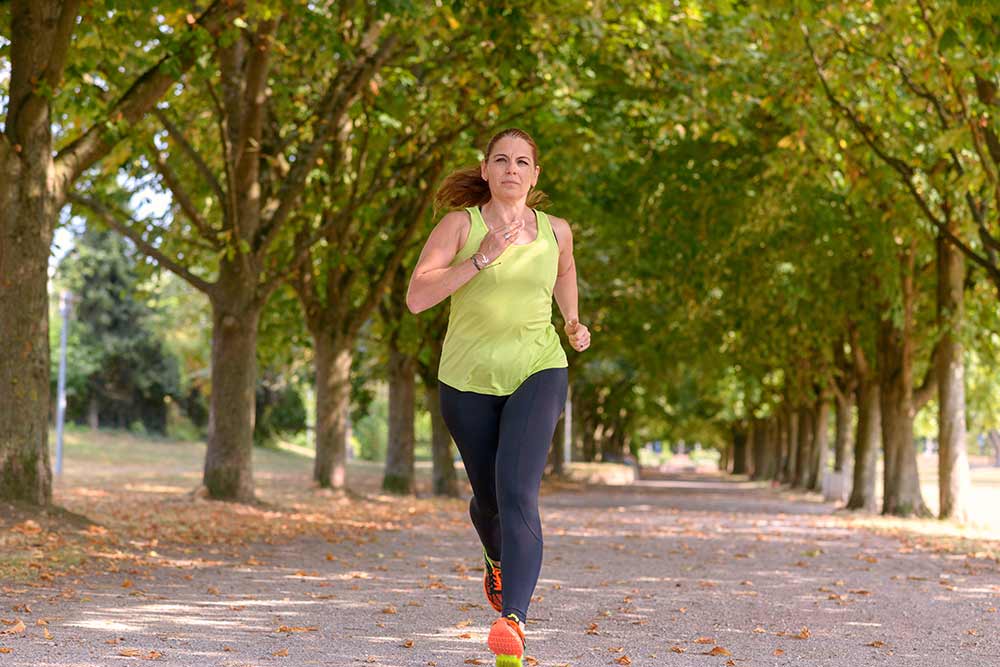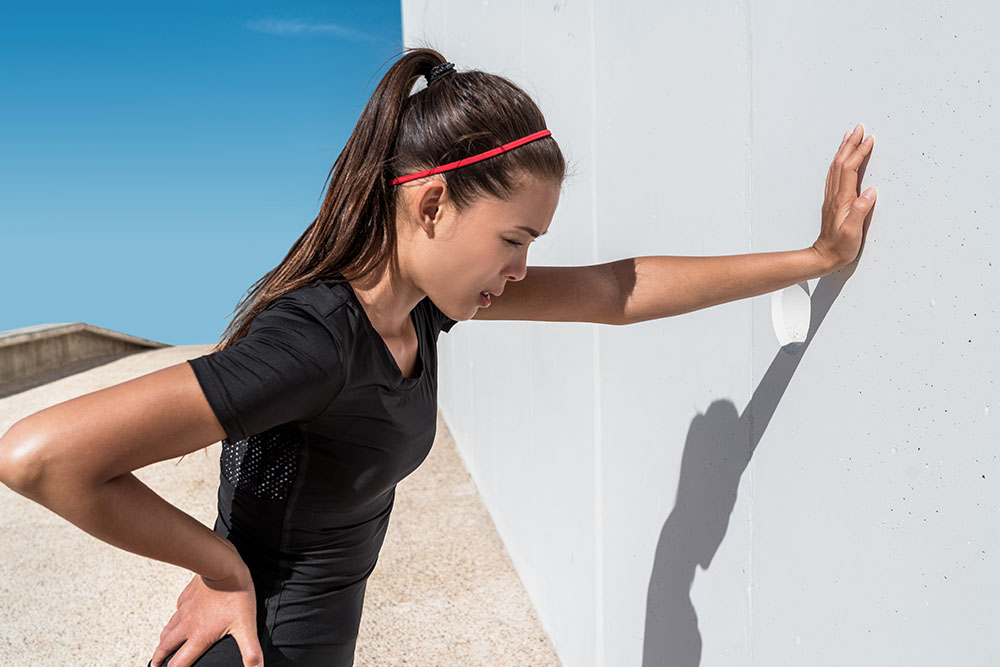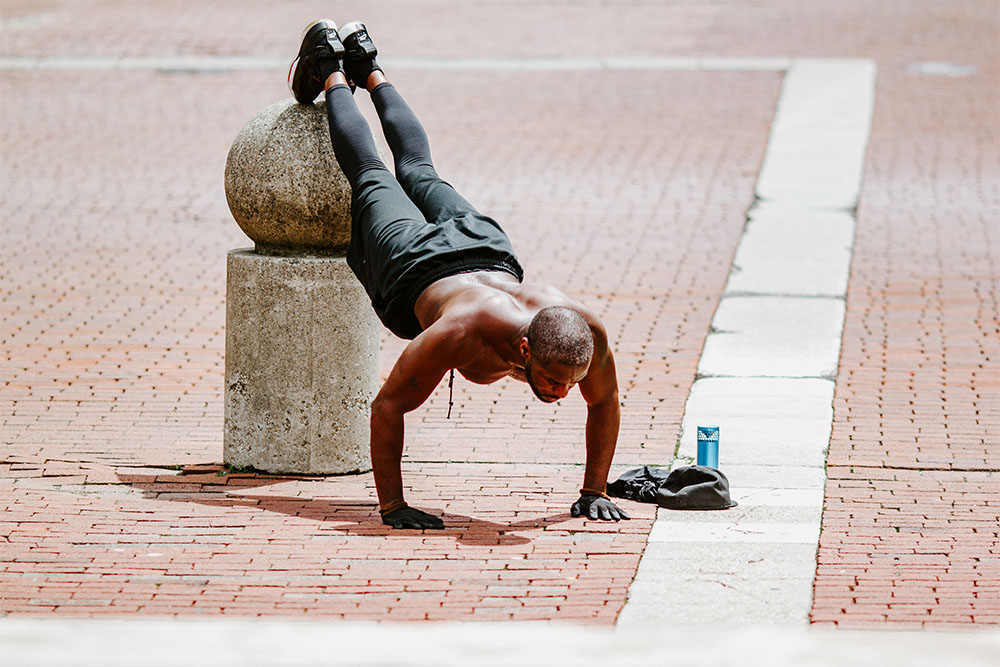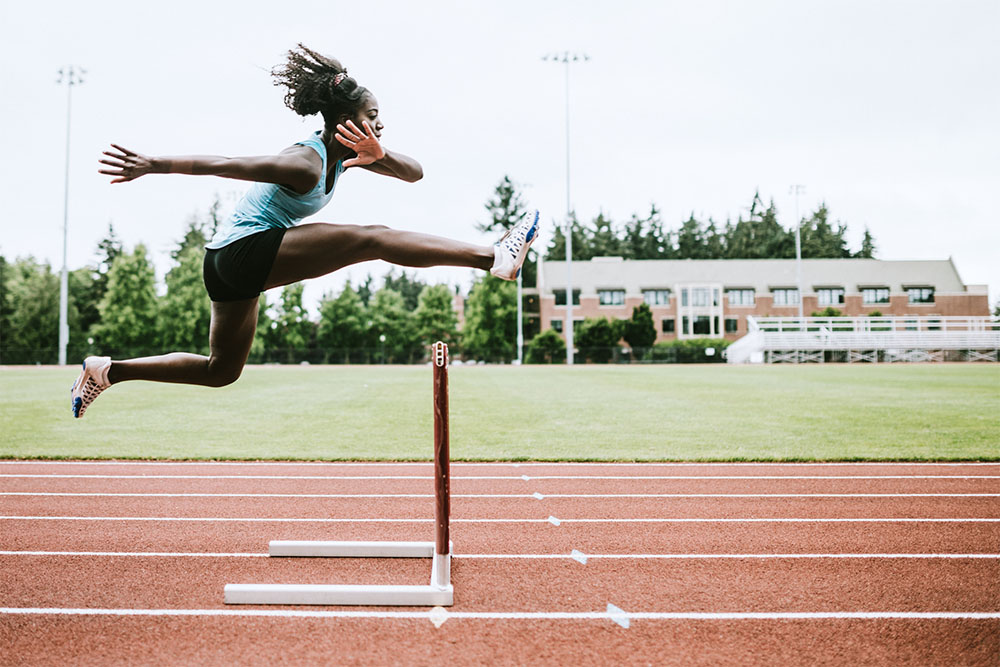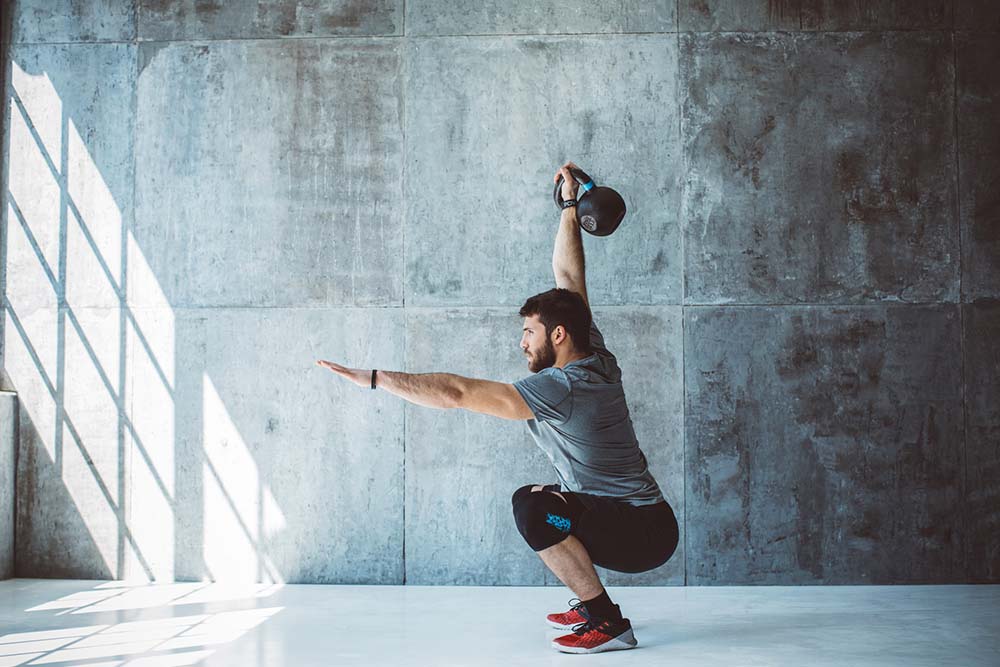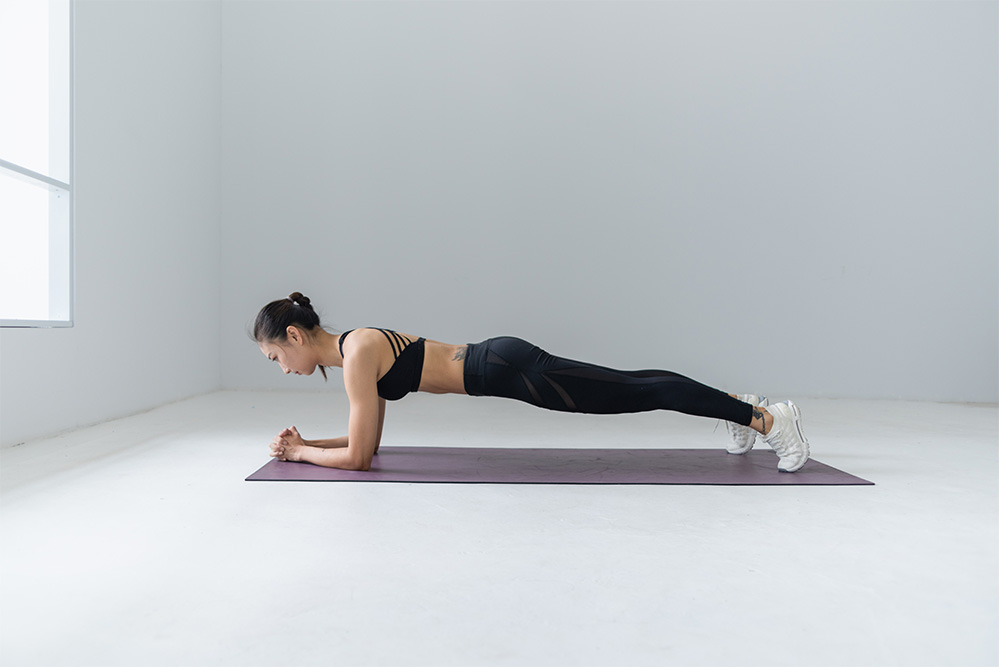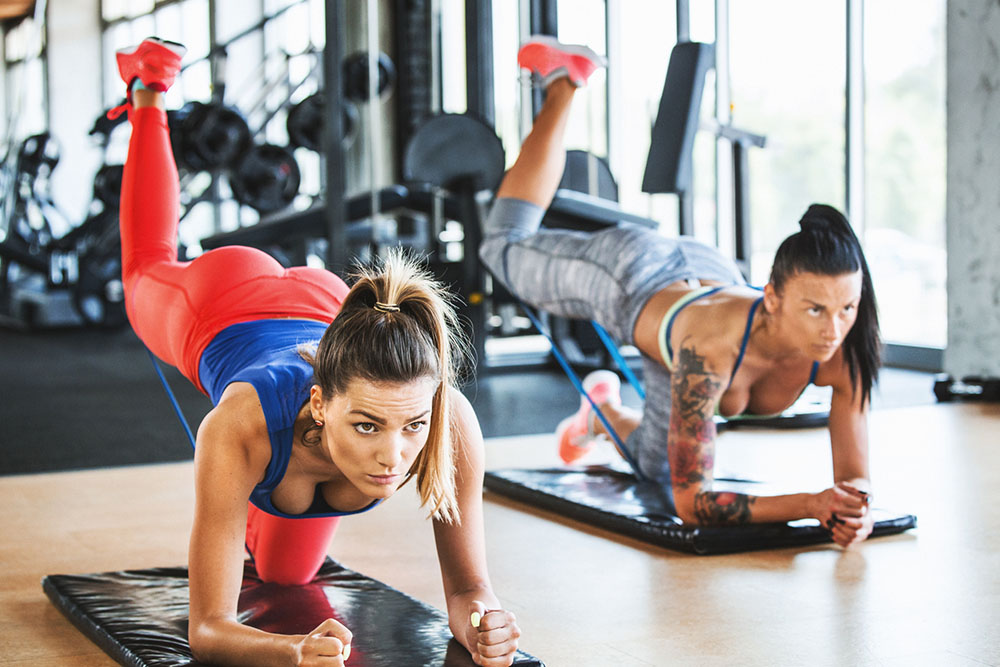Gender Perceptions of Coaches and Athletes
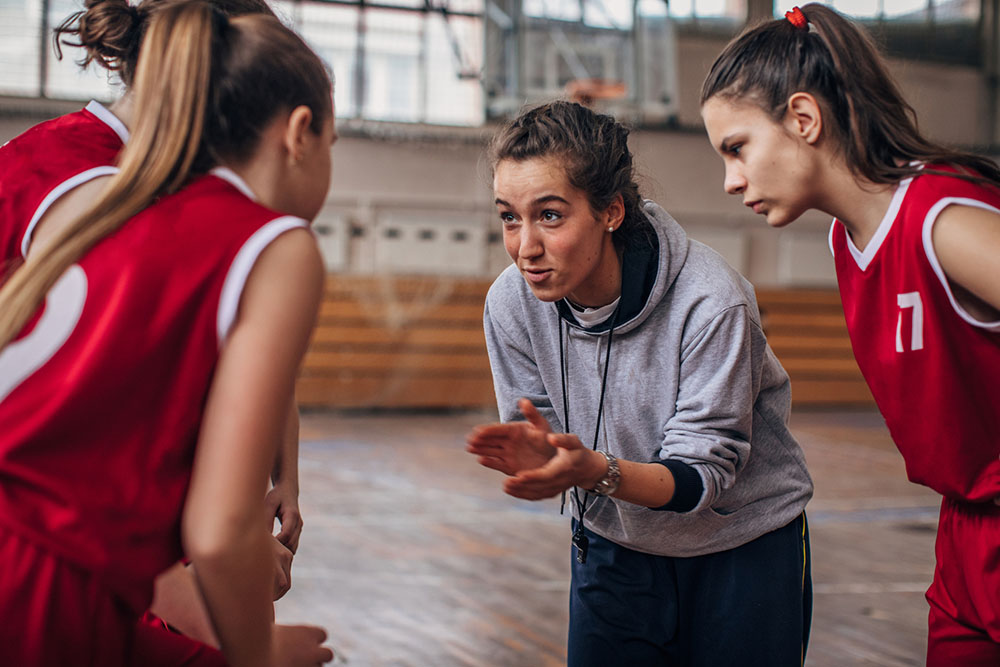
Anyone one who wants to compete in sport at any level knows that a coach is important.
Coaches are integral when it comes to maximizing athletic performance, working closely to optimize the development of physical, technical and psychological skills through the application of their own knowledge and expertise.
In short, coaches help you achieve optimal performance.
However, your coach’s knowledge and expertise are not the only things that makes them (and by extension you) successful – in fact, many would argue that how you perceive your coach is the most important factor.
Female vs. male coaches: where do the numbers lie?
When it comes how you perceive your coach, there is the obvious impact of gender.
But first I wanted to shine a bit of a light on the numbers.
As of the year 2012, it a mere 40% of coaches in female dominated sports were actually female themselves. Moreover, this number drops to around 10% when looking at more male dominated sports, such as football and rugby (Acosta, 2012).
Just to be clear, when we consider that females make up approximately half of the sporting population, this is a very small amount
This issue becomes even more alarming when we begin to look at some of the specialist coaches within athletic development circles – with emphasis on strength and conditioning coaches, in which females only make up a mere 2% of the population (O’malley, 2018).
Typical coaching styles of males vs females
So, what about female vs male coaching methods (Stammers, 2016)?
In general, research has shown that female coaches are more open. Within this, they are also more likely to share personal experiences with their athletes, and they are also considered to be more effective listeners.
Conversely, male coaches have been found to be more direct in their delivery of messages, and only offer encouragement to the athletes when they really feel it is needed.
There is also some evidence to suggest that male coaches may adapt their coaching style depending on the gender of the team. In this manner, male coaches tend to use more verbal aggression and a more autocratic (or dominating) approach when the team is comprised of male athletes rather than female athletes.
Empathy in coaching: males vs females
When it comes to creating a supportive and effective coaching environment, it is commonly accepted that a coach should encourage a mode of communication that is both informal and flexible, and not controlling.
They should also be receptive to the opinions and input of their athletes, orientate themselves toward strengthening intrinsic motivation, and focus on learning and self-improvement, rather than just performance.
And to cap it all off, they need to be empathetic.
With this in mind, research has shown that female coaches are generally perceived to be more empathetic by their athletes than male coaches (Murray, 2018).
While this does not necessarily mean that female coaches are more effective, it does suggest that they will be more likely to display a coaching style that is more suitable to athletes in the modern era.
Related Article: Do Children Perform Better In Sports Based On Coach’s Gender?
Are male coaches perceived to be more effective?
While female coaches demonstrate more empathetic coaching traits, that doesn’t necessarily mean that they are perceived to be more effective.
Previous research into the area has shown that women in leadership positions, such as sports coaches, are typically perceived to be less effective than men in the same position (Murray, 2018).
While this could be for a variety of reasons, many have hypothesized that it may be due to the fact that women in leadership roles tend to place greater emphasis on sensitivity, opposed to men who are more likely to focus on power.
As a result, women don’t necessarily adhere to the ‘historical’ picture of leaders, and are therefore seen to be less effective.
Which is quite the unfair perception if you ask me.
Emotional intelligence and coaching
Emotional intelligence has been defined as the ability to:
- Recognize, understand, and manage our own emotions
- Recognize, understand and influence the emotions of other people
This ultimately suggests that someone with high emotional intelligence is aware that emotions can drive their behaviour and impact the people around them (both positively and negatively). These same people also have the capacity to manage those emotions under pressure to get the best out of themselves and their peers.
With this in mind, emotional intelligence is of significant importance to coaches as it allows them to get the most out of their players (Teques, 2019).
In this manner, it improves their ability to:
- Give and receive feedback
- Deal with change
- Exhibit understanding and empathy
- Deal with setbacks and failure
- Provide encouragement to individuals and teams
Consequently, coaches who display high degrees of emotional intelligence increase the performance potential of their athletes. They also tend to increase how enjoyable their athletes perceive training and competition.
Interestingly, there is some evidence to suggest that females are more emotionally sensitive than males, again suggesting that they have an innate ability to get the best out of their athletes (Chen, 2018).
Why more female coaches are needed
Looking over the information presented in this article, it becomes apparent that females are extremely underrepresented in the realm of coaching.
Given that coaching quality is highly independent on the individual, it would be unrealistic to say that we need more female coaches because they would be better.
However, we can say for certain that female coaches bring a method to coaching that is slightly different to male coaches. With this comes a unique array of experiences that male coaches simply cannot relate too.
Taking this into consideration, it is highly likely that the introduction of more female coaches (alongside male coaches) will have positive implications for athlete performance, happiness, and enjoyment.
Which I am pretty sure is the goal, right?
Related Article: Opportunity Differences for Male and Females in Sports
Take Home Message
Despite female coaches making up the minority, there is reason to believe that with their heightened empathy and increased levels of emotional intelligence, they can get the most out of their athletes.
Now we just need more of them!
References
Acosta, R. Vivian, and Linda Jean Carpenter. “Women in Intercollegiate Sport: A Longitudinal, National Study. Thirty-Five Year Update, 1977-2012.” Acosta-Carpenter (2012).
O’malley, Lynne Marie, and Sallie Greenwood. “Female Coaches in Strength and Conditioning—Why So Few?.” Strength & Conditioning Journal 40.6 (2018): 40-48.
Stammers, Jon M., and Gary George. “Coach gender and coaching style preferences of NAIA female student-athletes.” Unpublished doctoral dissertation, Baker University, Baldwin City, KS (2016).
Murray, Paula, Rhiannon Lord, and Ross Lorimer. “The influence of gender on perceptions of coaches’ relationships with their athletes: a novel video-based methodology.” The Sports Journal 2018 (2018).
Teques, Pedro, Daniel Fernando Duarte, and João Luis Viana. “Coaches’ emotional intelligence and reactive behaviors in soccer matches: Mediating effects of coach efficacy beliefs.” Frontiers in psychology 10 (2019): 1629.
Chen, Xuhai, et al. “Females are more sensitive to opponent’s emotional feedback: evidence from event-related potentials.” Frontiers in human neuroscience 12 (2018).
You Might Like:




